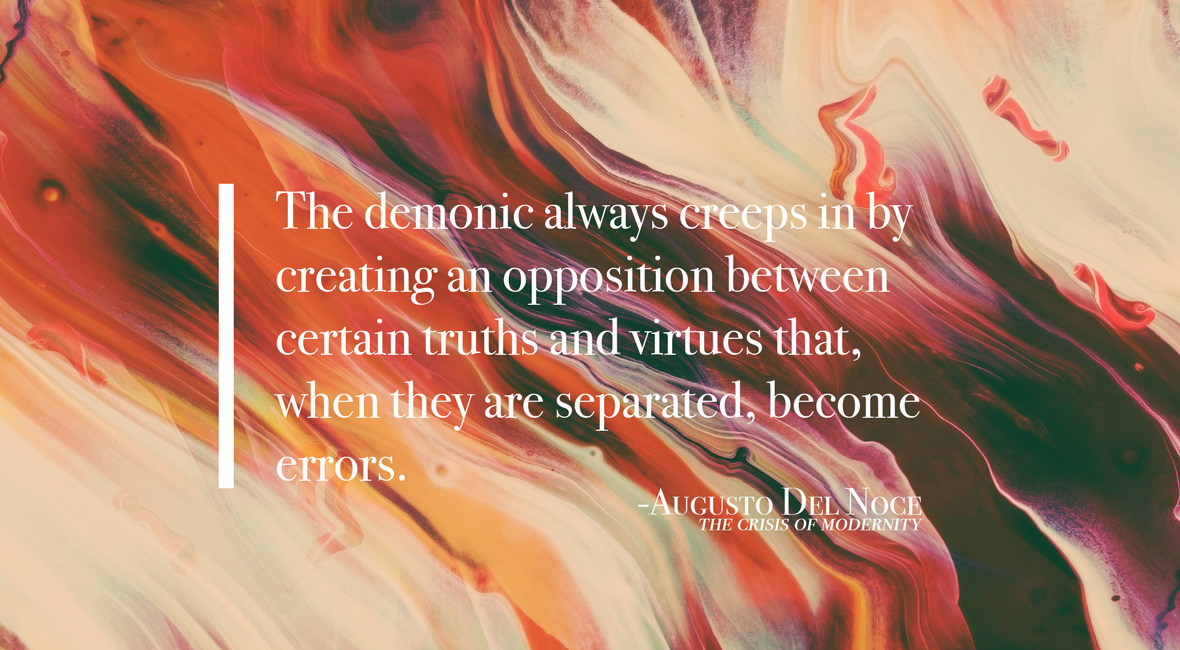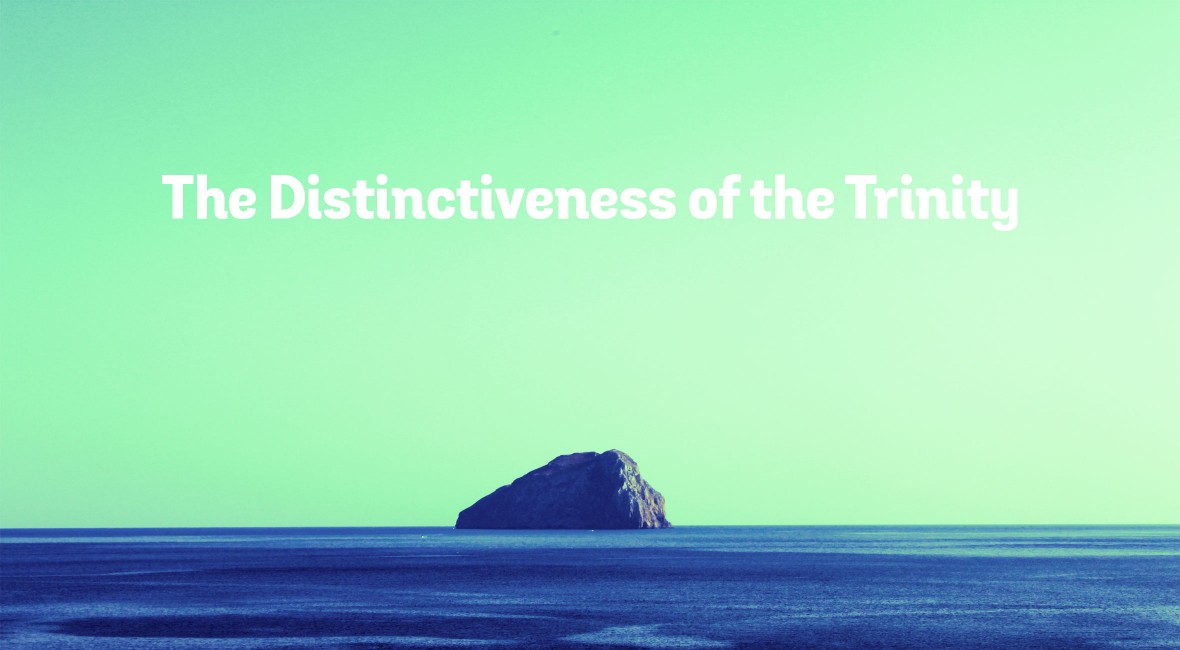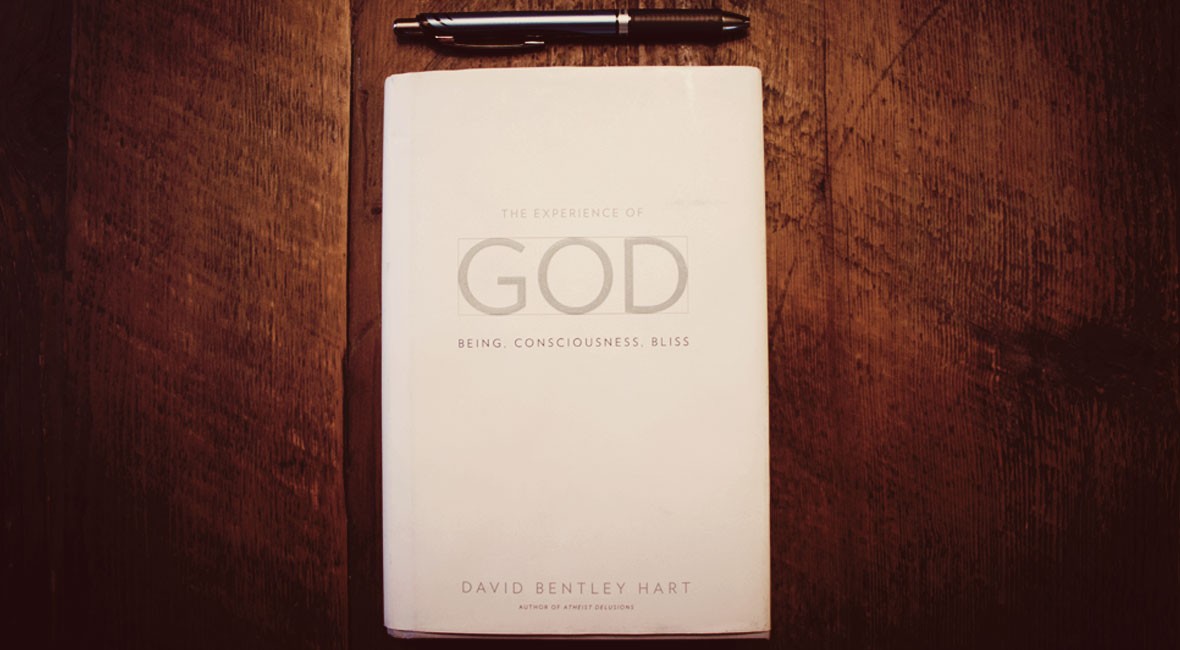Thanks to this excellent article by Michael Hanby in First Things, I’ve discovered the writings of Italian philosopher Augusto Del Noce. Writing primarily in the postwar period, Del Noce had unusual and prescient insight into the political and cultural direction of the West. In his collection of essays, The Crisis of Modernity, he sounds like a contemporary cultural critic despite publishing most of these works over 50 years ago. In predicting the logical consequences of the sexual revolution, he writes,
“Total nudity must be unconditionally accepted and facilitated. Public intercourse must be allowed. Nobody can forbid his/her partner to have other lasting sexual relationships. …Nothing gives the right to criticize homosexual unions. Sexual education must be understood as the removal of all ancestral complexes that lead us to value abstinence.”
Augusto Del Noce perceived where Western culture – both European and American – was going. He understood that sexual expression would become a matter of identity, the realization of which would become a basic human right that would usurp the moral high ground from traditional religion. He also consistently provides, in his essays, a historical contextualization of the development of political and cultural ideas in the twentieth century. This history lesson helps unschooled readers like myself grasp the intellectual roots of the culture in which we now find ourselves.



